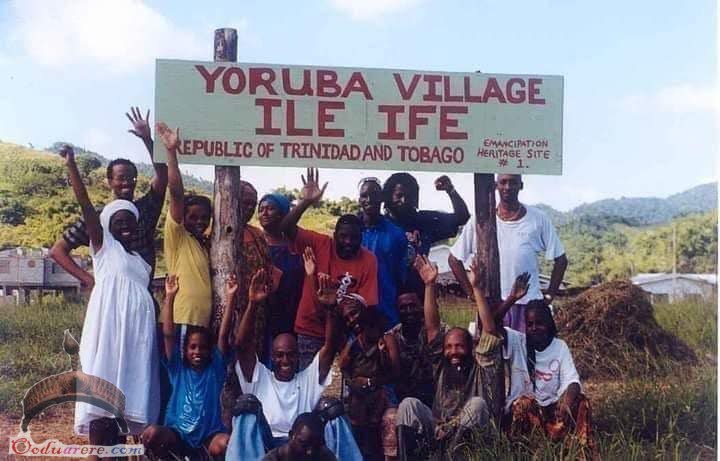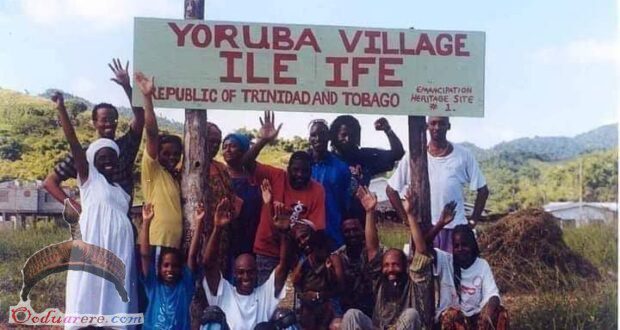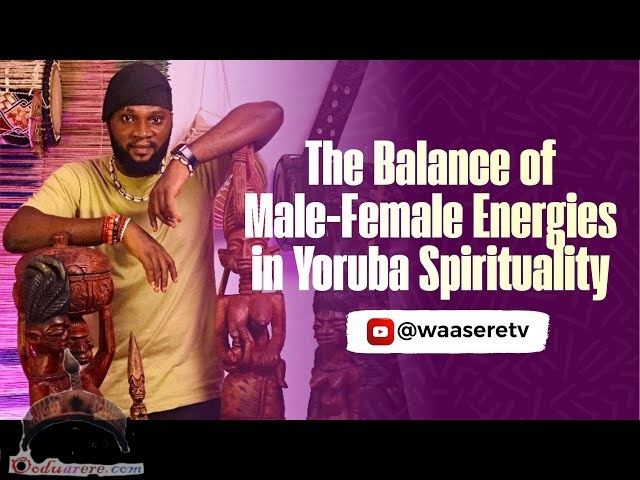This is Yoruba Village, Ile-Ife in Trinidad and Tobago Trinidad and Tobago is a twin island country situated off the northern edge of the South American mainland, lying just 11 kilometers (6.8 miles) off the coast of northeastern Venezuela and 130 kilometers (81 miles) south of Grenada.

The Yoruba, who were rescued from the ships of British, France, and Spanish plunderers, following the abolition of the Slave Trade, were brought to that part of Port of Spain, where they resided as free men and women. They came originally, mainly from Nigeria, Ghana, Benin, and Togo.
The annual Yoruba Village Drum Festival is held at the Yoruba Village Square to keep the tradition of drumming alive. The Yoruba Village Drum Festival brings artists, parents, and children of the community and Trinidad and Tobago together at this Heritage site. The drum festival highlights the significance of the history and contribution to the development of East Port of Spain of the Yoruba and other African peoples who lived in this community.
Yoruba Village is located in the East Dry River, Port of Spain, in the San Juan–Laventille region.
The Yoruba Village in Trinidad & Tobago is
promoting and keeping Yoruba culture alive
 Ọmọ Oòduà Naija Gist | News From Nigeria | Entertainment gist Nigeria|Networking|News.. Visit for Nigeria breaking news , Nigerian Movies , Naija music , Jobs In Nigeria , Naija News , Nollywood, Gist and more
Ọmọ Oòduà Naija Gist | News From Nigeria | Entertainment gist Nigeria|Networking|News.. Visit for Nigeria breaking news , Nigerian Movies , Naija music , Jobs In Nigeria , Naija News , Nollywood, Gist and more









